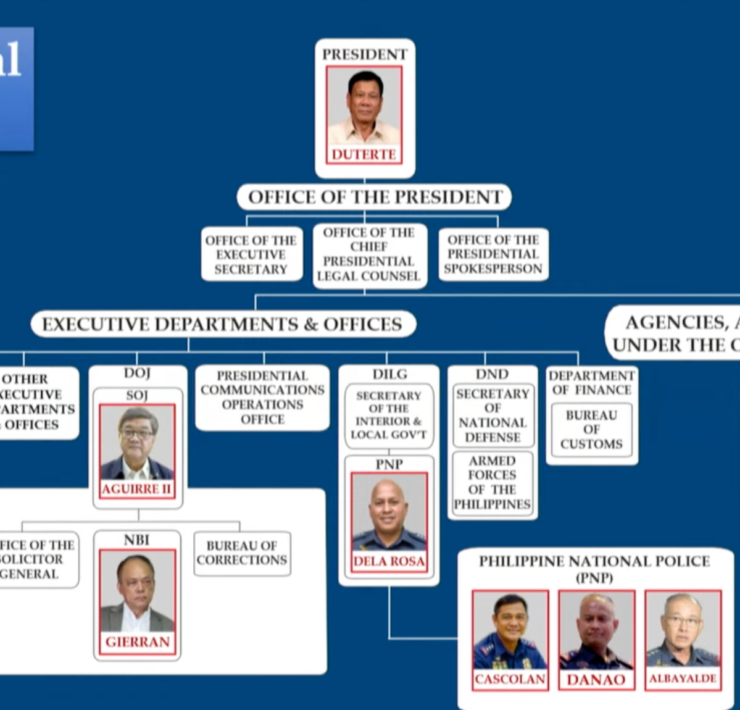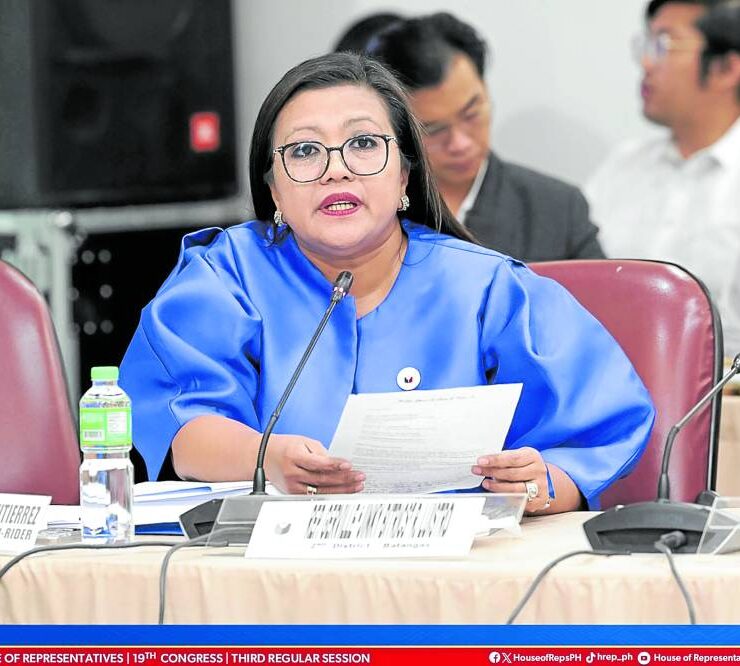Navigating post black swan opportunity for PH hospitality

The Philippine hospitality sector is making a huge comeback. But the challenge now is to sustain gains in occupancies and daily rates, and drum up interest from stakeholders including local and foreign travelers as well as hotel developers and operators.
Potential for further expansion
Colliers Philippines believes that the sector has vast potential for growth.
For one, in-person events are proliferating and driving take up of convention centers and function rooms in key destinations. The millennial staycation market, severely depleted by the pandemic, is expanding once again, and has been instrumental in fueling occupancies and daily rates of two- to three-star hotels.
Business travels are also coming back, thanks to outsourcing firms, multinational companies, multilateral aid agencies, and foreign infrastructure firms conducting due diligence. These are also helping lift demand for serviced apartments.
The Department of Tourism (DOT), for its part, has been launching new programs to lure more foreign tourists and encourage locals to spend more. Filipinos can still be enticed to spend and travel again if more of the country’s unexplored assets are showcased. Mounting travel exhibits bodes well for tourism stakeholders as this is one among many avenues where public and private sectors can work together in promoting Philippine tourism.
More than 7,600 reasons to love Philippines
There’s a gamut of reasons to love the Philippines beyond its beaches and the friendly smiles that locals flash.
Hotel developers and operators can take advantage of those reasons by being more strategic with their expansion plans. Should they build a hotel with a Filipino homegrown brand or acquire a foreign brand already recognized by international travelers? Should they carve out bigger dining spaces and complement their accommodation facilities with convention centers and function rooms?

What I have been seeing on social media over the past few months is that hotel developers are aggressively marketing their facilities as “bleisure” hotels where guests can mix business and leisure. New hotels in Metro Manila are offering introductory discounts to guests while operators outside Metro Manila are highlighting partnerships with foreign brands, especially the condotel and serviced apartment developers.
More flexibility for guests
Colliers recommends that hotel operators craft flexible packages for business travelers especially those staying longer.
Potential clients include executives of outsourcing firms, foreign infrastructure and construction firms, as well as key officials of multilateral aid agencies. Recently enacted foreign investment liberalization measures have also enticed foreign companies to take a look at the Philippines—a development that has also benefited the condotel and business hotel segments.
Flexibility should be in terms of pricing, free cancellation and upgrade policies.
Cash in on resurging MICE
We are now seeing more in-person events organized by property firms, manpower agencies, pharmaceutical companies, and bazaar organizers, which raised the demand for convention centers, function rooms, and similar facilities.
Colliers believes that hotel developers and operators should assess future demand for meetings, incentives, conferences and exhibitions (MICE) facilities given the segment’s potential for a strong rebound. Tied to this is the DOT’s thrust of priming the Philippines as a major MICE destination, which should also further boost tourist arrivals and spending. Property firms should thus look into developing large convention centers near the newly-modernized and expanded airports.
As Colliers executive director for Asia Hotels and Leisure Govinda Singh stressed in a report entitled “MICE—see how they run”, the “human need for social and in-person interaction far outweighs the impersonal technology medium.” I couldn’t agree more as this is particularly true for Filipinos who value social connection.
Throwing Philippine islands a glance
With projections that the Philippines will be one of the fastest growing economies in Southeast Asia in 2024, amid improving employment situation, and given the rise in Filipino travelers’ disposable incomes, Colliers believes that the Philippine hotel sector will continue to see brisk levels of activities over the next 12 months. These include acquisition of old properties to be redeveloped into hotels as well as local players’ aggressive partnerships with foreign operators. Local and foreign airlines are also aggressively offering promos and hotel operators should be on the lookout for partnership opportunities.
So start packing your travel essentials and enjoy throwing our more than 7,600 islands a glance! Love the Philippines!
The Department of Tourism (DOT) has been launching new programs to lure more foreign tourists and encourage locals to spend more.
Prior to joining Colliers in March 2016, Joey worked as a Research Manager for a research and consutancy firm where he handled business, political, and macroeconomic analysis. He took part in a number of consultancy projects with multilateral agencies and provided research support and policy recommendations to key government officials and top executives of MNCs in the Philippines.




















